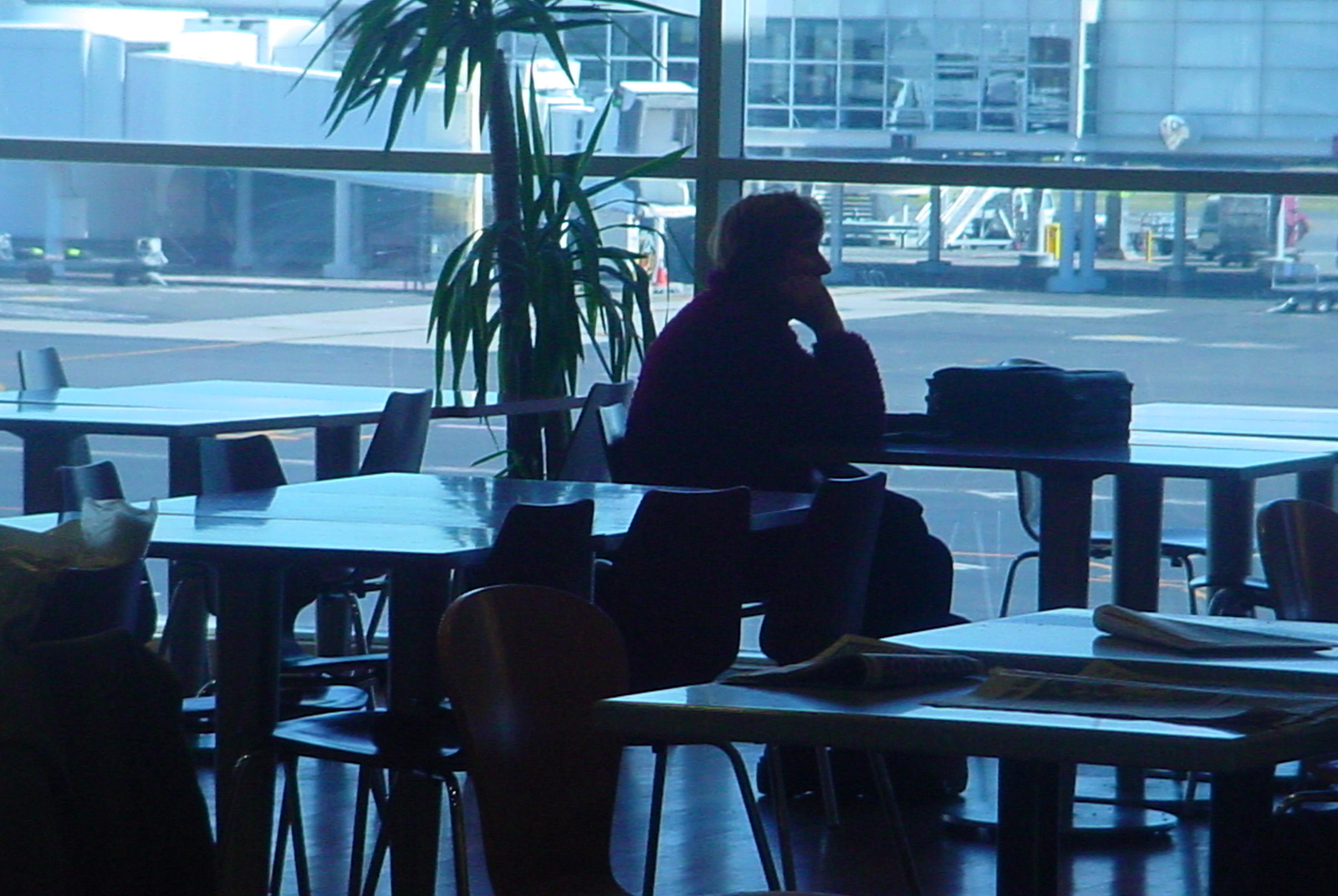I was talking to a Chinese Banker last night and had an interesting discussion about the explosion of mental health problems in China caused, potentially, by rapid social and technological change mixed with urbanisation. This chimes with a comment made by a police chief constable in the UK who said to me recently that his force (in the north of England) was increasingly dealing with the fallout from mental health issues. Over in the US, according to the American Psychiatric Association’s Diagnostic and Statistical Manual of Mental Disorders, between 2% and 4% of Americans suffered from an anxiety disorder in 1980. A 1994 study raised this to 15% while a 2009 study raised this figure to 49.5%
And this just in from a regular reader (thanks as always!)
I would suggest ‘Secular Millenarianism’ as something to watch out for. As technology advances faster than we can understand it, the anxiety this generates will only increase. It seems to me that millenarianism has impacts for all the things on your provisional list*, and the media plays its part in provoking this ‘end is nigh’ perspective, which has already infested many of our secular institutions.
“Fear prophets, Adso, and those prepared to die for the truth, for as a rule they make many others die with them, often before them, at times instead of them.”
(Umberto Eco: The Name of the Rose)
* This refers to the list of forces on my previous post below (26 September).

